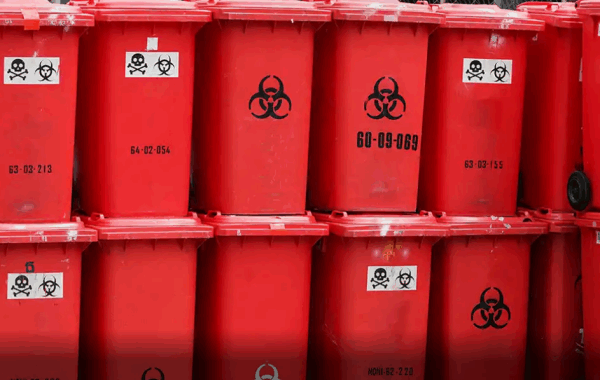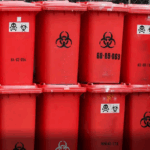On-Site Incinerator Solutions for Health Centers in Kenya and Uganda
Effective medical waste management remains a critical challenge across East Africa, especially in Kenya and Uganda where expanding healthcare facilities face growing volumes of sharps, plastics, and infectious materials. Traditional disposal methods often fail to meet WHO standards, creating risks for both staff and surrounding communities. To address this, on-site incinerator solutions for Kenya county health centers have emerged as a practical and safe technology, allowing facilities to neutralize medical waste immediately after use.
Portable Incinerators with Enhanced Temperature Monitoring
In rural clinics and mobile health units, reliability and simplicity are essential. A portable incinerator with enhanced temperature thermometer in Kenya ensures accurate control of the combustion process. Continuous monitoring prevents underburning, reduces harmful emissions, and guarantees that medical waste―including syringes, infusion sets, and contaminated plastics―is destroyed at WHO-recommended temperatures above 1,100°C.
HICLOVER’s designs integrate digital temperature sensors, refractory-lined combustion chambers, and PLC automation, ensuring consistent high-temperature destruction even in environments with fluctuating fuel quality.
Humanitarian Aid Incinerator Supply for Kenya and Uganda
International NGOs, the United Nations, and donor-funded projects play a vital role in providing humanitarian aid incinerator supply in Kenya and Uganda. Refugee camps, remote health missions, and emergency relief operations require containerized mobile incinerators that can be rapidly deployed, installed, and operated without complex civil works.
HICLOVER supports humanitarian projects by supplying turnkey mobile incinerator units that are pre-assembled in ISO containers. These units can be transported by truck, powered by diesel or LPG, and made operational within hours. This is especially valuable in northern Kenya and border regions with Uganda, where displaced populations rely heavily on temporary health centers.
HICLOVER TS200: A Containerized Mobile Solution
The HICLOVER TS200 incinerator is a model well-suited for East African conditions. Key features include:
-
Average capacity of 200 kg/hour, suitable for county hospitals and larger health centers.
-
PLC-controlled dual chambers, ensuring secondary gas retention for 2+ seconds to minimize dioxin and furan emissions.
-
Enhanced refractory lining for long-term durability under high calorific waste streams such as plastics and infusion bags.
-
Integrated temperature display and control system, enabling operators to maintain safe and efficient combustion cycles.
-
Optional wet scrubber system, meeting donor-funded project requirements for emission reduction.
Local Relevance in Kenya and Uganda
-
County Health Centers in Kenya: With increasing decentralization of healthcare services, facilities in Kisumu, Eldoret, and Machakos benefit from on-site incinerators that eliminate the need to transport infectious waste over long distances.
-
Regional Hospitals in Uganda: In areas such as Gulu, Mbarara, and Jinja, hospitals gain from mobile incinerators that can handle diverse waste streams while remaining easy to maintain.
-
Humanitarian Camps: In Kakuma (Kenya) and Bidibidi (Uganda), large refugee settlements require containerized waste treatment systems that operate continuously under donor supervision.
Conclusion
The deployment of on-site incinerator solutions for Kenya county health centers, portable incinerators with enhanced temperature monitoring in Kenya, and humanitarian aid incinerator supply for Kenya and Uganda demonstrates a growing commitment to sustainable and safe medical waste disposal. With proven designs such as the HICLOVER TS200 containerized system, healthcare facilities and aid organizations can achieve reliable, high-temperature waste treatment in line with international standards.
For detailed specifications and procurement options, visit www.hiclover.com or contact sales@hiclover.com.

